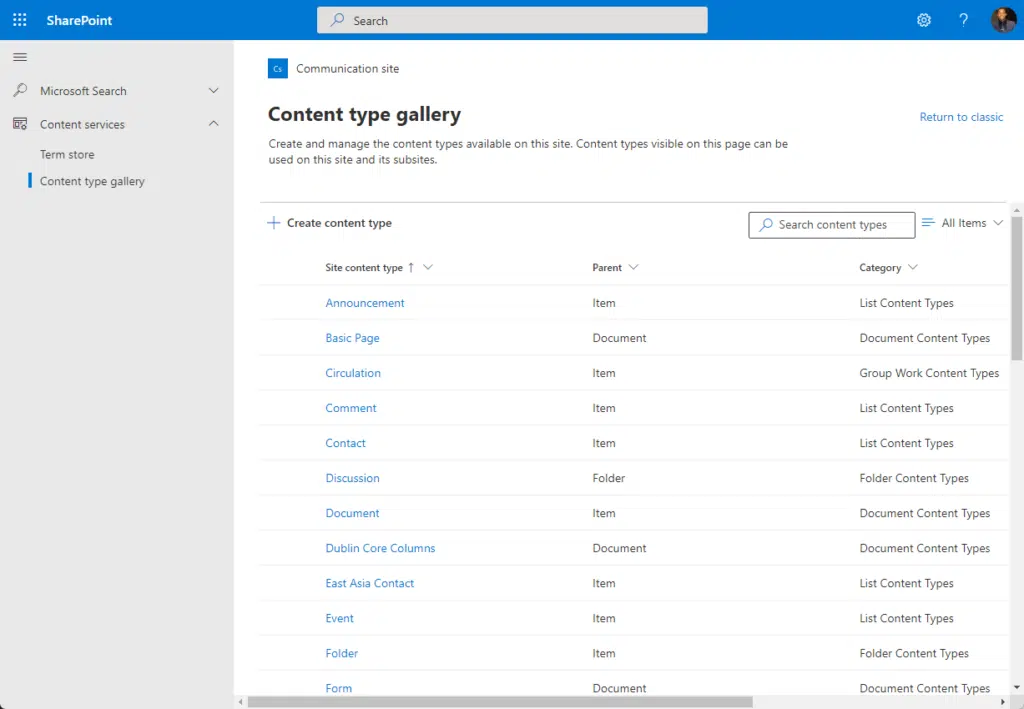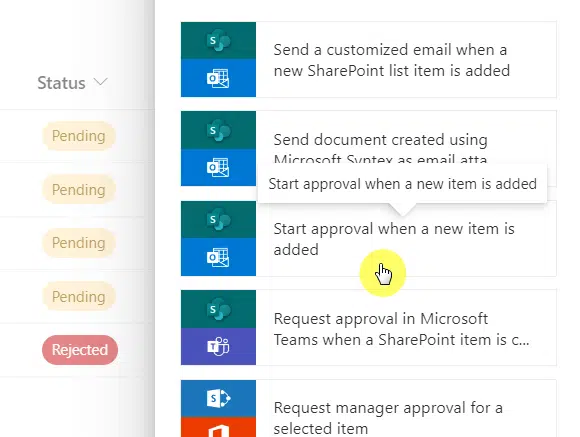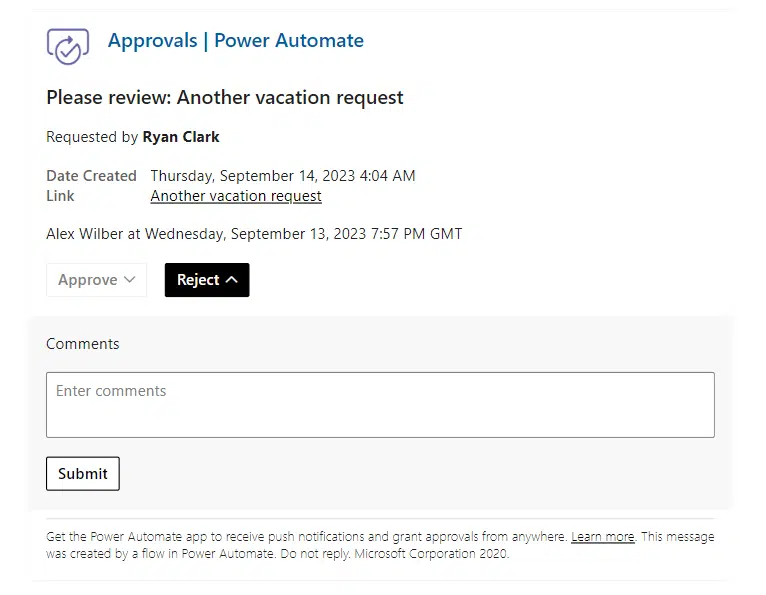Last Updated on October 23, 2024
Not sure what they are?
In this article, I want to discuss CAS files in SharePoint and why they’re irrelevant today with SharePoint Online.
Let’s get started.
Table of Contents:
What are CAS files?
CAS (Content Approval Settings) files were a part of earlier SharePoint versions to manage document approvals.
Here are its key aspects:
- Allow administrators to approve or reject files before publishing
- Only approved content was seen by all users (pending items were restricted)
- Users had to interact with settings manually for each document/folder
Basically, they helped control which documents could be published or made visible to others in the organization.
In older versions of SharePoint, CAS files helped organizations make sure that only approved content was shared.
This was for content quality, though it was cumbersome and required manual oversight. 😅
Sign up for exclusive updates, tips, and strategies
Why They’re No Longer Relevant
If you didn’t know yet, CAS files are not actually relevant in the modern experience due to new features.
Let me get into the specifics:
SharePoint Online has moved to a modern architecture that simplifies document management.

Some changes include:
- Everything is managed online (easier to access and share)
- Simplified management (no need for external settings)
- Real-time collaboration (without waiting for approval processes)
The modern architecture provides a smoother, more efficient experience for users (CAS files were manual).
Right now, we have automation and ease of use that can easily streamline document handling and sharing.
👉 Related: SharePoint Online Features: The Power of SharePoint Online
2. Improved, built-in document management and approval features
To build on my point earlier, SharePoint Online now comes with built-in document management and approval features.

Here’s how the built-in features improve document management:
- Approval settings are directly embedded in document libraries.
- Users can easily configure approvals without technical knowledge.
- Approvals can be set for specific users or groups, adding flexibility.
These features allow teams to manage content approvals seamlessly.
Unlike the old CAS files, these tools are more awesome, which speeds up the workflow and reduces the need for manual intervention.
👉 Related: How to Make an Approval Workflow for SharePoint
3. Replaced by more integrated and user-friendly solutions
CAS files have been replaced by more integrated and user-friendly solutions in SharePoint Online.

Here’s what has replaced CAS files:
- Power Automate (automate approval workflows)
- Built-In Approval Flows (directly integrated into libraries and lists)
- Modern UI (easy to find and configure)
These solutions make content approval much smoother than CAS files ever could.
They offer flexibility, automation, and ease of use, which reduces the workload on teams and improves overall productivity.
Content approval workflows in SharePoint Online are much more efficient and flexible than the older CAS file methods.
That’s because you can practically automate the process of reviewing and approving content to make collaboration easier.
Do you have any questions about CAS files in SharePoint? Let me know in the comments below.
For any business-related queries or concerns, contact me through the contact form. I always reply. 🙂

